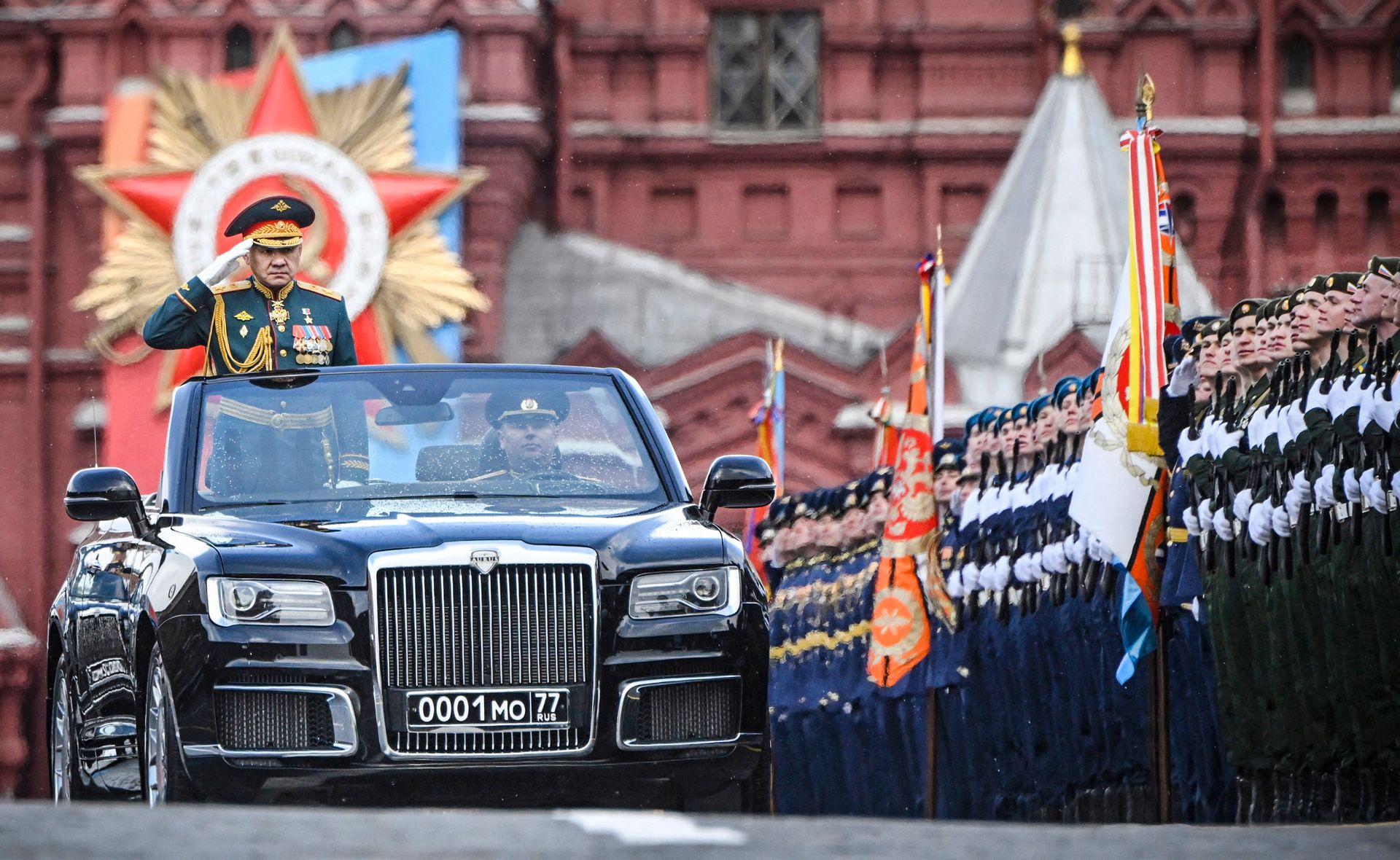'It is regrettable to watch' — Ukraine condemns Georgian ruling party's latest use of war footage in campaign ad

Ukraine's Foreign Ministry on Aug. 13 denounced as "unfriendly" a new campaign video by Georgia's ruling party that uses images of the destruction caused by Russia's war in Ukraine.
The comments refer to the Georgian Dream video published on Aug. 12, which splits the screen in two. On the left, there are black-and-white images from Ukrainian front-line cities.
The video includes bombed buildings, military equipment, a destroyed bridge, a cemetery for fallen soldiers, and grieving parents standing in the ruins of their Kyiv apartment block. The footage appears under the caption "No to war!"
On the right side of the screen, colorful scenes of Georgia's landscapes and infrastructure improvements are accompanied by the message "Choose peace!"
This is the second time the Georgian Dream party has used war imagery from Ukraine in its political messaging. Before parliamentary elections in 2024, Georgian Dream ran posters and videos contrasting footage of bombings with images of fountains and new buses in Georgian cities.
The Ukrainian Foreign Ministry accused the Georgian Dream party of cynically exploiting the suffering of Ukrainians for political purposes ahead of the upcoming local elections.

"It is regrettable to watch the Georgian authorities grovel before Moscow and disregard the principles of dignity and independence that have historically characterized the Georgian nation," the ministry said in a statement.
"We advise the ruling party's political strategists to be honest with their people and display a more truthful picture: the Russian tricolor on the right and the closed doors of the EU and NATO on the left," the statement reads.
The ministry said such actions show "disrespect for the Ukrainian people and the victims of Russian aggression" and cause "justified outrage" in Ukrainian society.
Kyiv added that it remains committed to supporting the Georgian people's aspirations for an independent, democratic, and European state.
The Russian-leaning Georgian Dream party, founded by oligarch Bidzina Ivanishvili, retained power in a disputed October 2024 election that sparked mass protests and drew criticism from international observers.
Western nations have since imposed sanctions against the South Caucasus country over democratic backsliding, and the EU suspended parts of its visa facilitation deal with Georgia in January.












